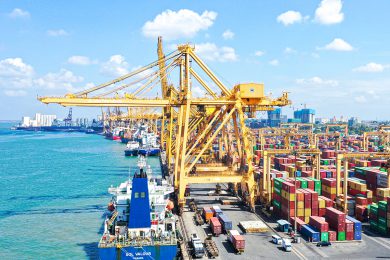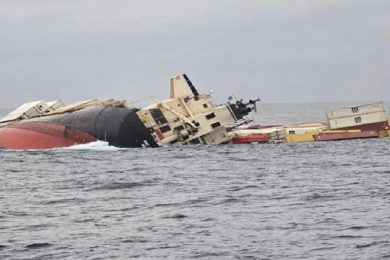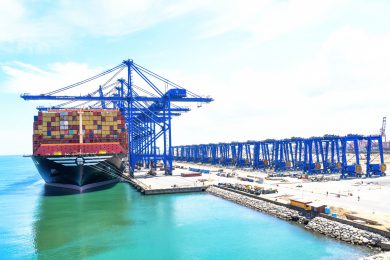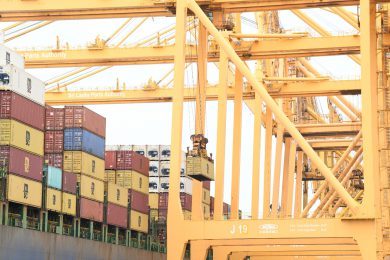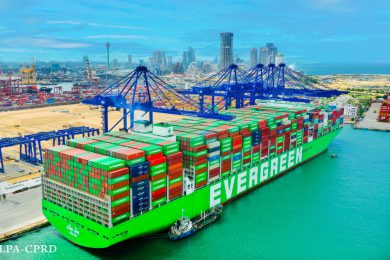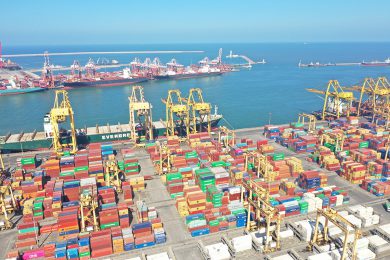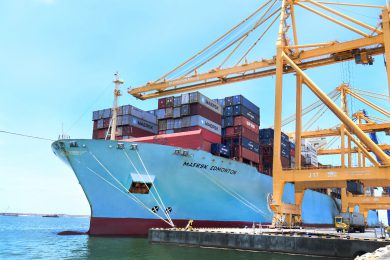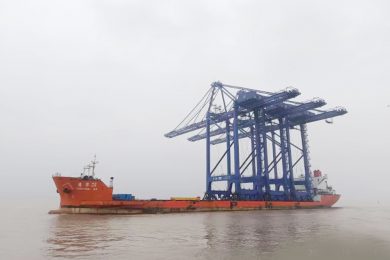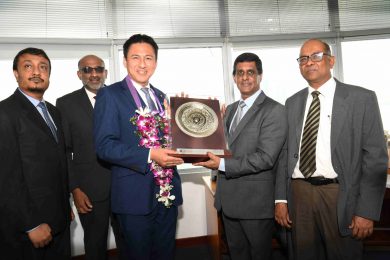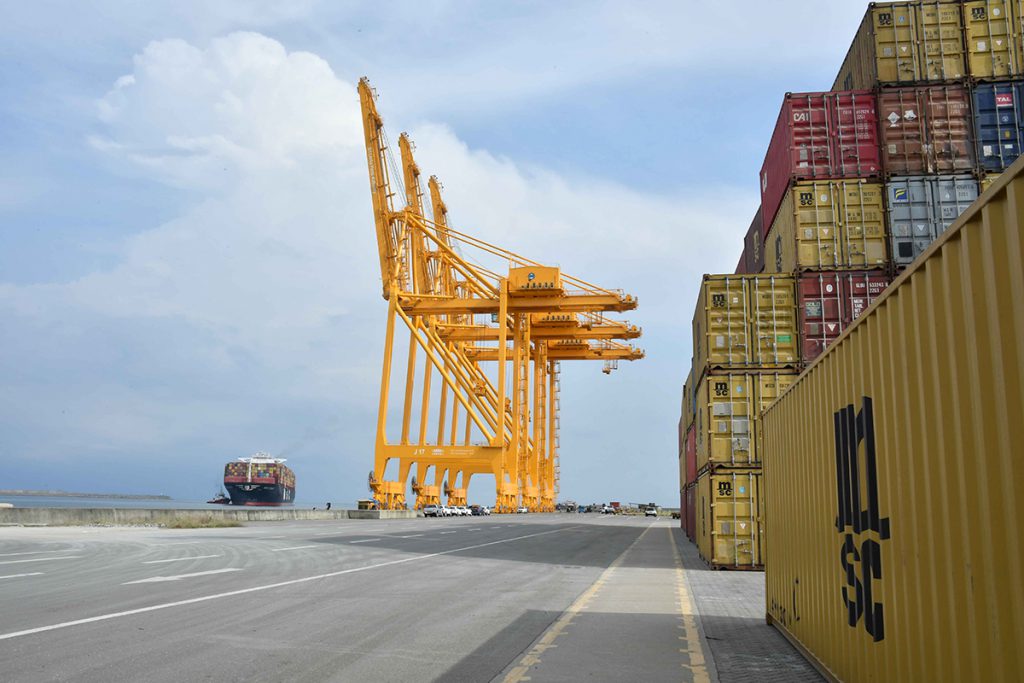Following excerpts from the Opening address by the author as the Secretary-General of IMO to the First FIN-SMART Roundtable on Financing Sustainable Maritime Transport
by Kitack Lim
In an evolving world where economies are ever more interdependent and natural resources are under increasing pressure, the transition of the maritime sector towards a more sustainable future has never been more important. This has even been accelerated by the COVID-19 pandemic and the need for a sustainable recovery.
Governments working through the International Maritime Organization have adopted a detailed initial strategy to reduce GHG emissions from ships. The goal is to reduce the total annual GHG emissions by at least 50% by 2050 compared to 2008, which means a reduction in carbon intensity for individual ships of over 80%. At the same time, IMO is pursuing efforts to phase out GHG emissions from shipping as soon as possible within this century.
This ambitious roadmap will only be possible through research, innovation and targeted investment. And utmost importance must be given to addressing the specific needs of developing countries, particularly LDCs and SIDS.
Research into developing zero-carbon technologies and marine fuels is underway, but it requires huge investments, notably in R&D and infrastructure development. To achieve this, IMO is stepping up its efforts to act as the global forum and promoter of R&D in zero-carbon marine fuels, bringing together interested stakeholders.
IMO will co-host the Global Maritime Innovation Forum in the first half of 2021. This will focus on alternative marine fuels. IMO’s Global Industry Alliance to Support Low Carbon Shipping is pushing forward with promoting solutions, such as Just-In-Time shipping. Both are good examples of the role IMO plays to promote innovation.
In this context, work at IMO will include a discussions on a proposal to establish an International Maritime Research and Development Board (IMRDB) designed to generate core funding from shipping companies to help accelerate the advancement of commercially viable zero-carbon emission ships by the early 2030s. This includes measures to help stimulate the uptake of technologies designed to leverage renewable energy sources.
Decarbonization of shipping and a sustainable COVID-19 recovery will be only possible with targeted investment, strategic partnerships, particularly addressing special needs of developing countries, LDCs and SIDS.
Today we are reaching out to international financial institutions and other partners in this Roundtable, to actively search options to overcome investment barriers and find new innovative solutions. We need to explore how finance and investment will support the decarbonization of the maritime industry in line with the IMO GHG Initial Strategy. How will this financing address the specific needs of the maritime sector’s sustainable COVID-19 recovery?
Today you have an opportunity to explore how best to support the resilience and sustainability of the maritime sector, which is crucial not only for world trade and development, but for the sustainability of our planet. We need to all work together to ensure to build back better commence the post-COVID-19 recovery.
The author is the IMO Secretary-General and views expressed in this article are the author’s own
Featured image: MSC EMMA, container vessel, arriving at the East Container Terminal, Sri Lanka Ports Authority



